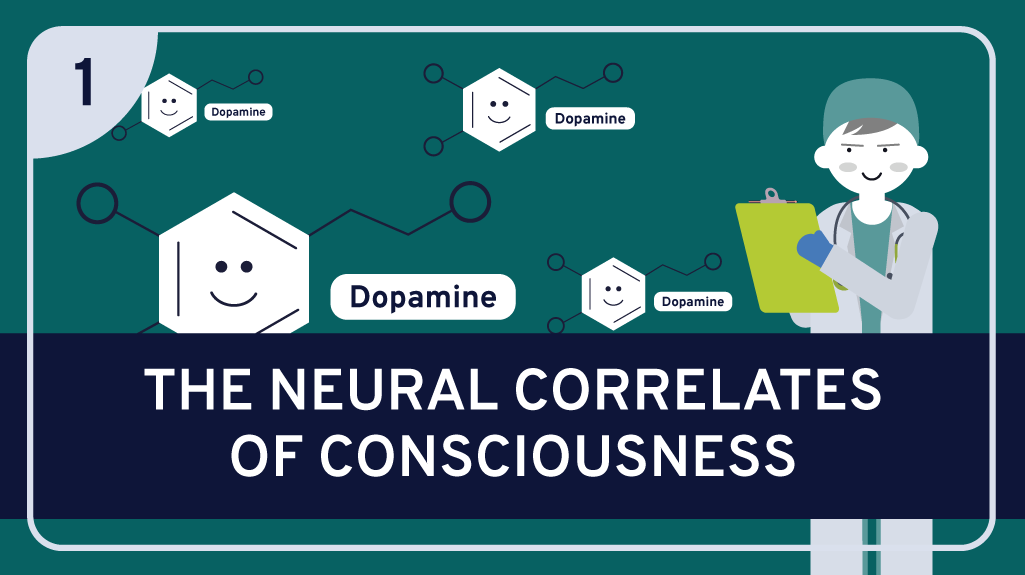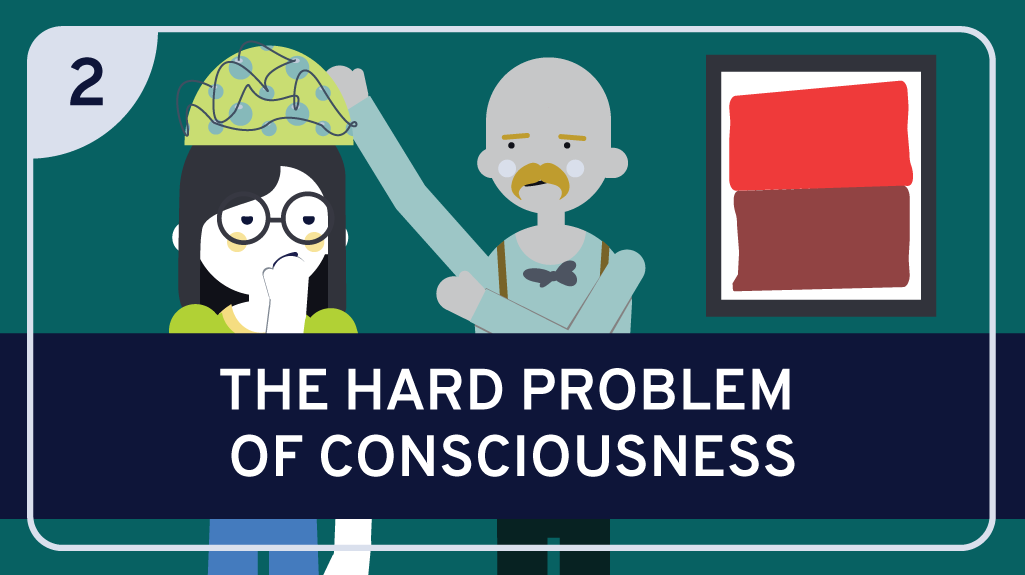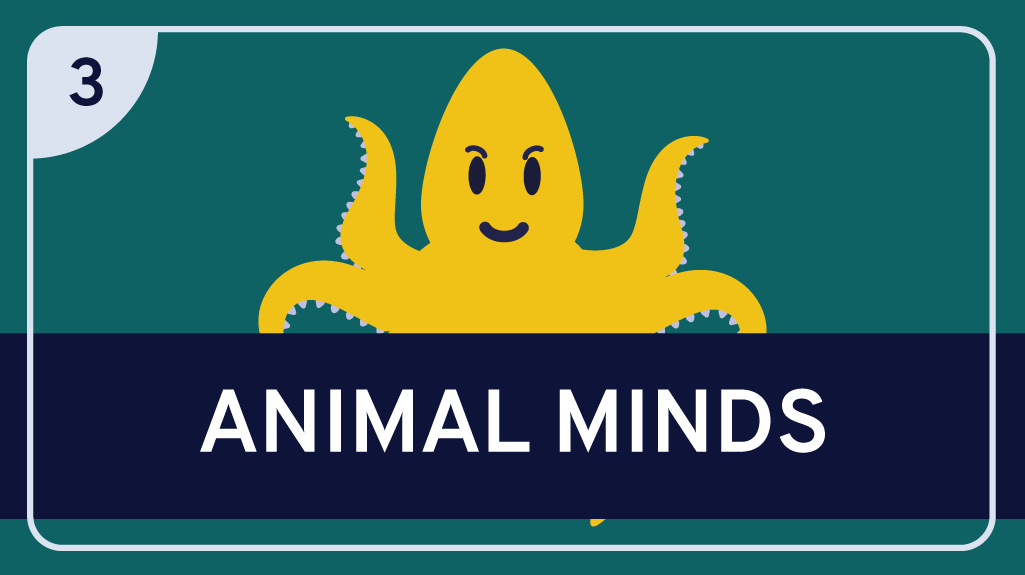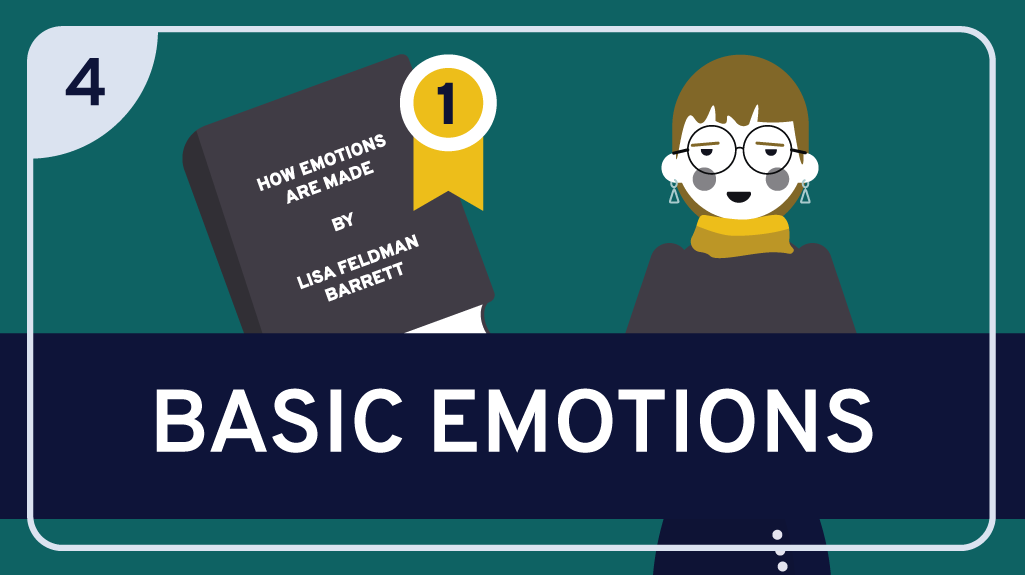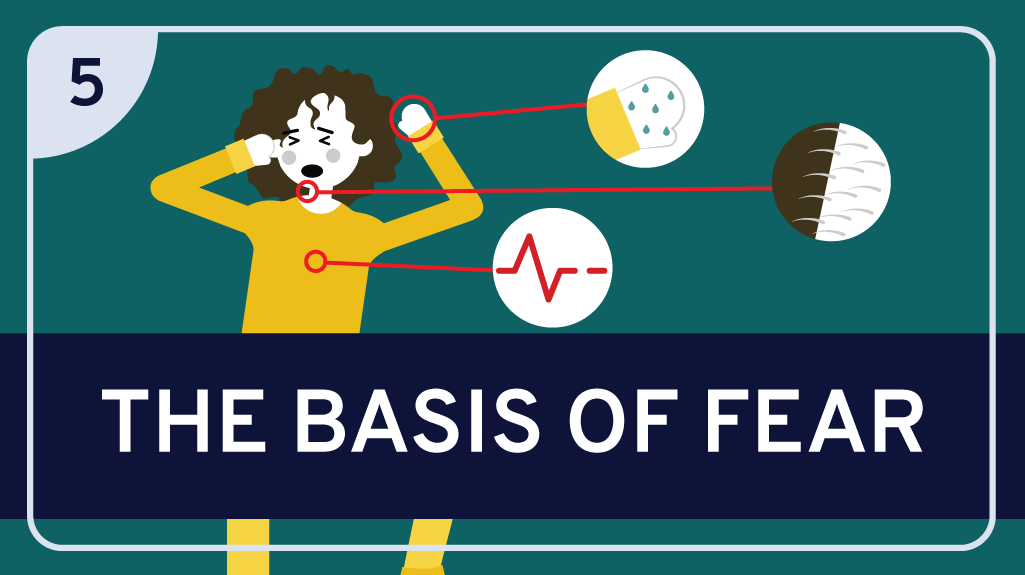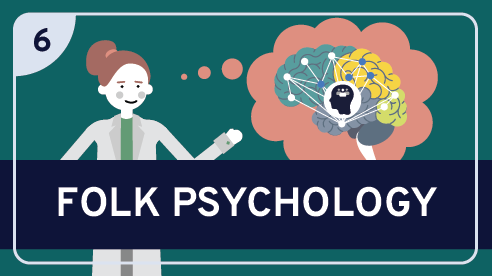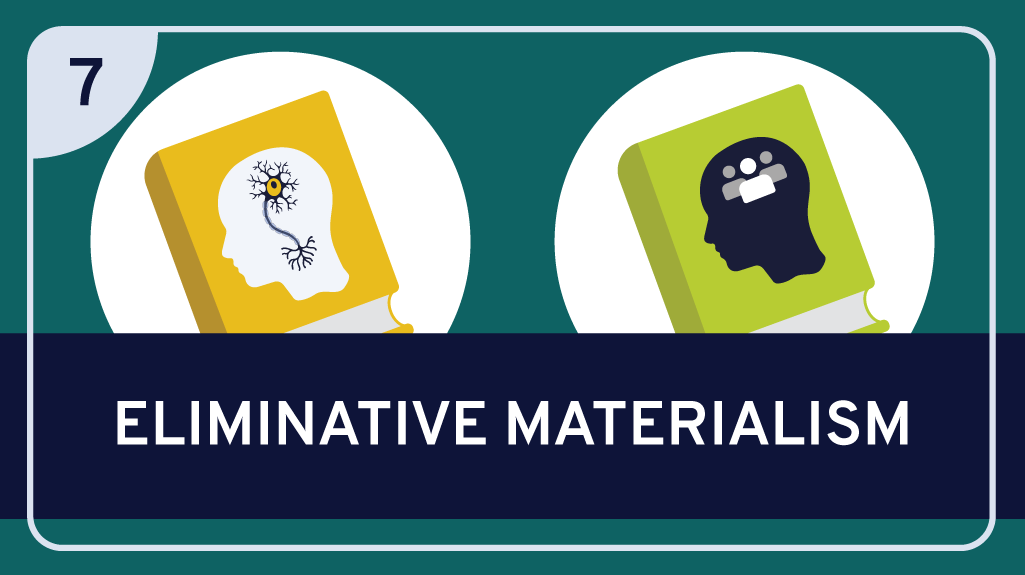MEET YOUR LECTURER
RAAMY MAJEED
Raamy Majeed is a Lecturer in Philosophy at the University of Manchester and an Associate Editor for the Australasian Journal of Philosophy. He was previously a Senior Lecturer at the University of Auckland, and before that, a Postdoctoral Research Fellow at the University of Cambridge. He has also worked as a lecturer at the Open University, Lehigh University, the University of Otago, and the University of New South Wales. His PhD, obtained in 2012, is from the University of Sydney. His research, broadly speaking, lies at the intersection of philosophy of mind and cognitive science. He is especially interested in the ways that developmental psychology and biology might inform the cognitive science of emotion. As things stand, such a science is plagued by various controversies. For instance, are our emotions the products of emotion-specific systems in the brain (i.e., modules) or are they the products of domain-general core systems? And what roles do social and cultural features play in shaping emotion? Are they additional inputs to an innate emotional system or do emotions, at least in humans, require socially situated concepts?
He is also interested in the practical ramifications of such questions. For example, can emotions help to explain social phenomena such as racial bias? Can learned fear responses, say, help to explain why police officers are more likely to shoot some racial groups over others? His aim is to determine what taking a developmental approach to emotion might tell us about how to answer such questions. Aside from his work on emotion, he is also interested in other areas of philosophy of mind that intersect with psychology. For instance, what is the nature of the unconscious mind? Are there top-down effects of cognition on perceptual experience? Do we perceive high-level properties?
Dr. Majeed cut his philosophical teeth in Australia, as a graduate student at the University of Sydney and as a visiting scholar at the Australian National University, where he worked on issues in metaphysics and philosophy of language, as well as philosophy of mind. His doctoral dissertation, completed while visiting New York University, was on the so-called hard problem of consciousness: the problem of explaining how and why physical processing gives rise to experiences with a phenomenal character. During this time, his interests lay in the philosophical methodology employed to investigate the mind (e.g., the Canberra Plan and two-dimensional semantics), as well as the topic of phenomenal consciousness itself. His early articles defend a physicalist conception of the mind, and critique the conceptual and linguistic frameworks that are employed to argue against physicalism.


